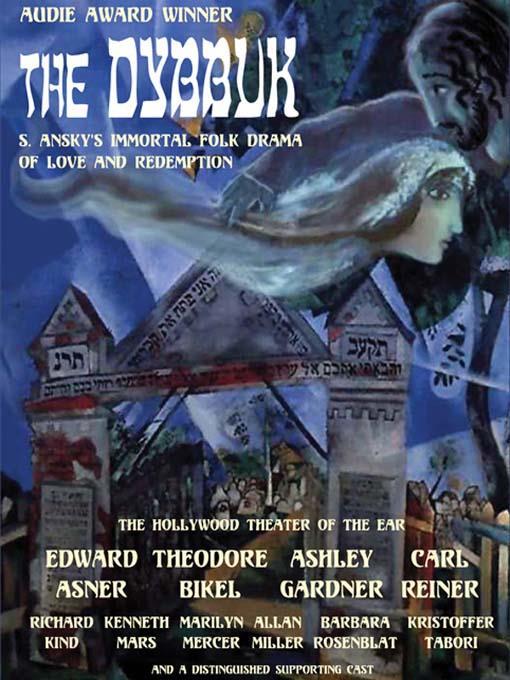
The Dybbuk
کتاب های مرتبط
- اطلاعات
- نقد و بررسی
- دیدگاه کاربران
نقد و بررسی

June 1, 1992
An altogether excellent anthology, this volume offers a superior introduction to the brilliant, brooding works of a Yiddish master. Ansky, pseudonym of Lithuanian-born Solomon Rappoport (1863-1920), earned a place in literature with his great drama The Dybbuk . But as Roskies's unusually informative introduction demonstrates, the author had a turbulent relationship to his Jewish heritage and wrote under a raft of pen names before finding his true literary voice. As Ansky, he taps a source previously neglected by other great Yiddish writers: ``folklore as the wellspring of Jewish cultural renewal.'' The title work, for example, evokes the mystical underpinnings of shtetl life, with its rituals of possession and exorcism. The seven stories and novellas collected here focus more intently on tensions between the sacred and the secular, between the pious and the maskilimper book (supporters of the Jewish Enlightenment)--tensions that often border on violence. Finally, a lengthy excerpt from a four-volume chronicle of WW I, The Destruction of Galicia , offers a grim reminder of the long history and virulence of Eastern European anti-Semitism. Roskies is a professor of Yiddish literature at the Jewish Theological Seminary.

According to Jewish mystical literature, a dybbuk is a disembodied spirit that enters the body of a living person in order to possess that person's soul. Thus, the soul of the bride Leye is possessed by the soul of Khonnon, her promised bridegroom. Exorcism, mysticism and superstition prevail as this drama of eastern Europe unfolds in a full-cast radio production written and directed by Yuri Rasovsky. The loftiness of divine intervention, a leitmotiv of the play, is enhanced by the rich voices of Theodore Bikel and Edward Asner. Ashley Gardner uses an amazing range of vocal dramatics as Leye realizes her tortured predicament. The townspeople bring everyday questions to be heard. The scene is set by a Klezmer band. The background prayers spoken by the men of the congregation give a strong sense of place to the drama. J.P. (c) AudioFile, Portland, Maine

























دیدگاه کاربران